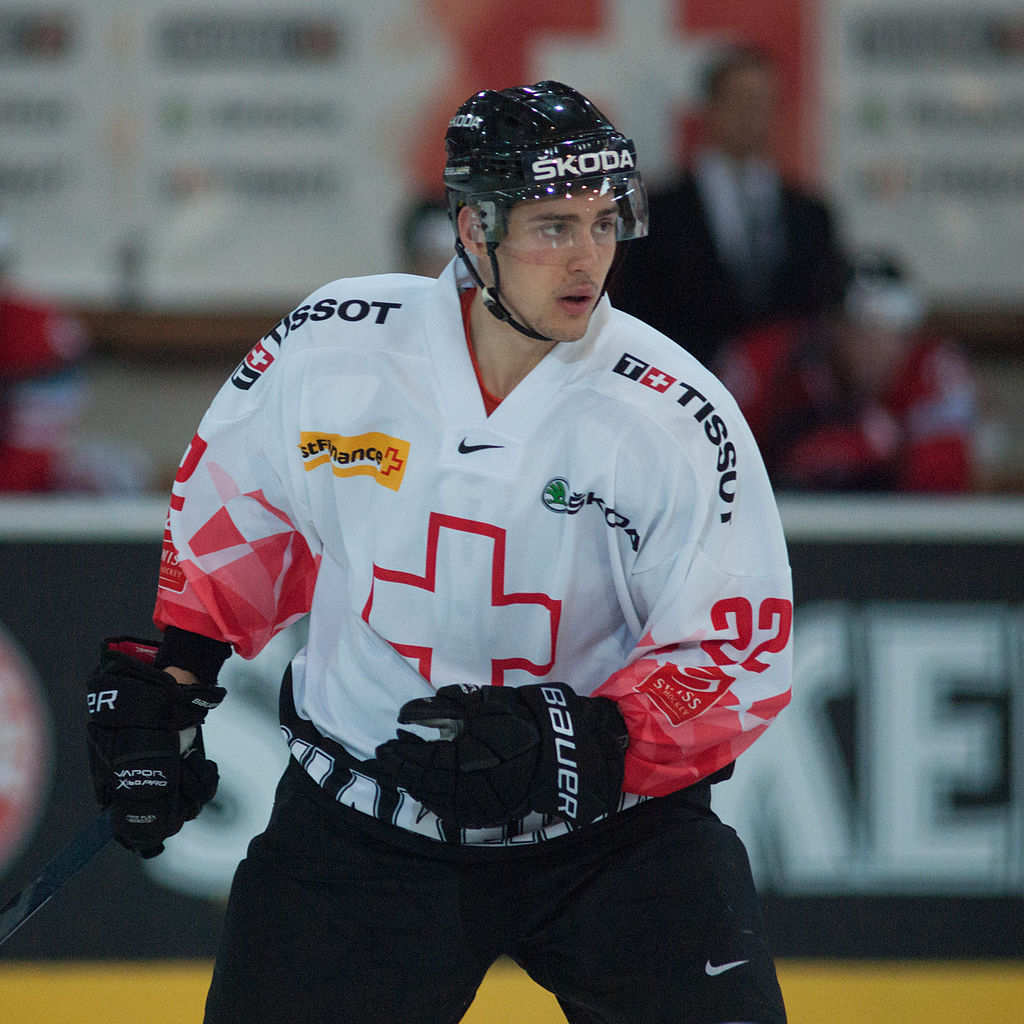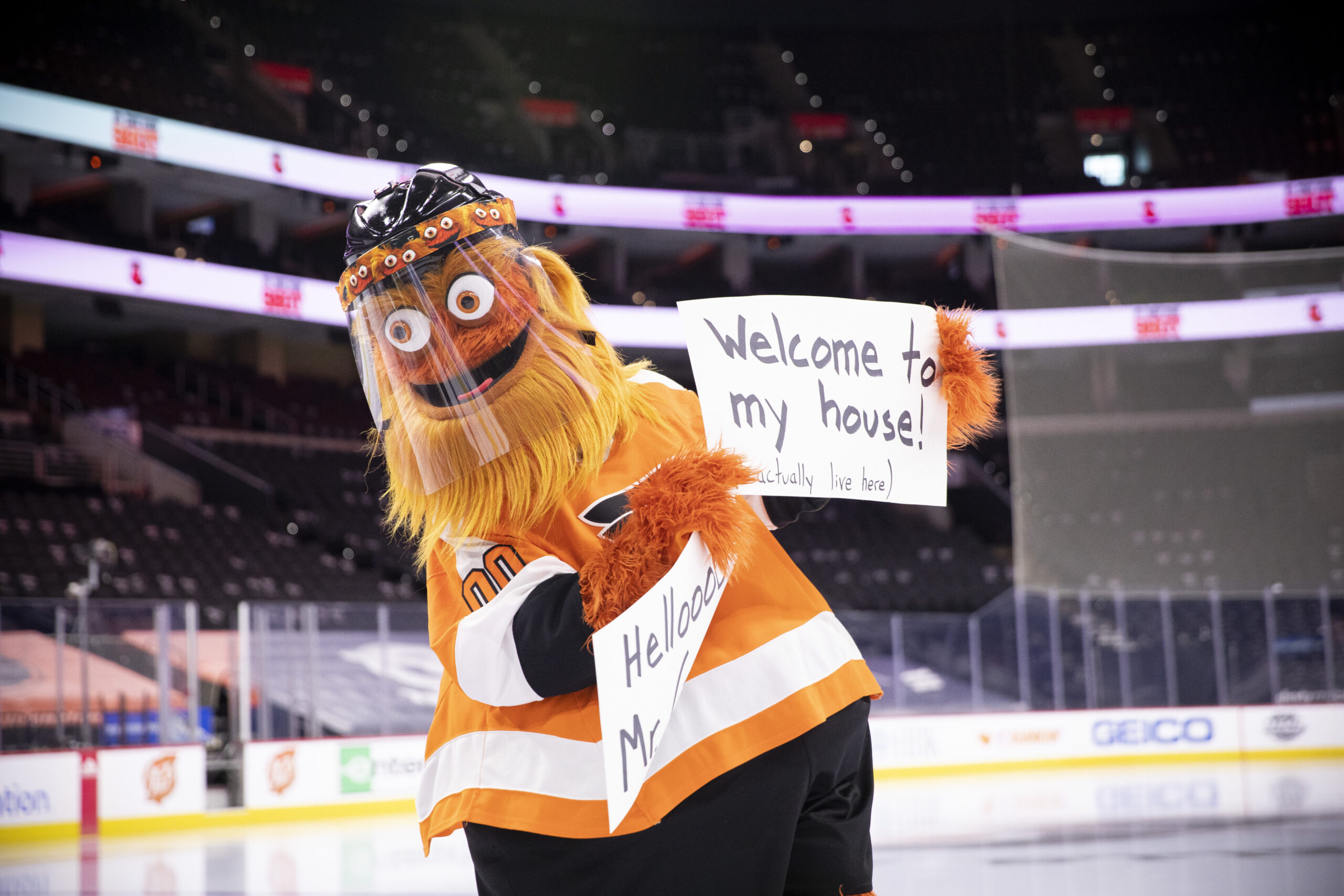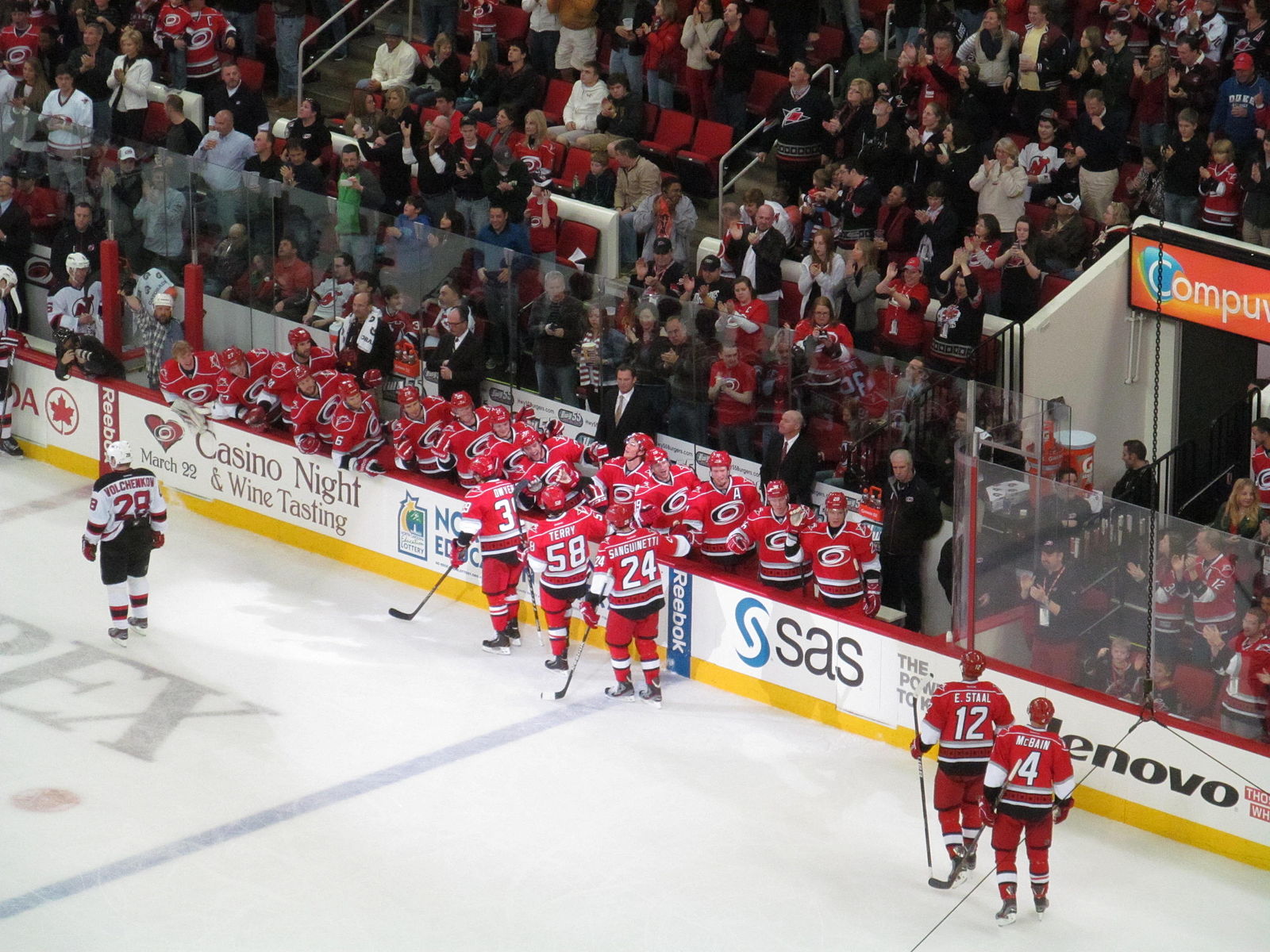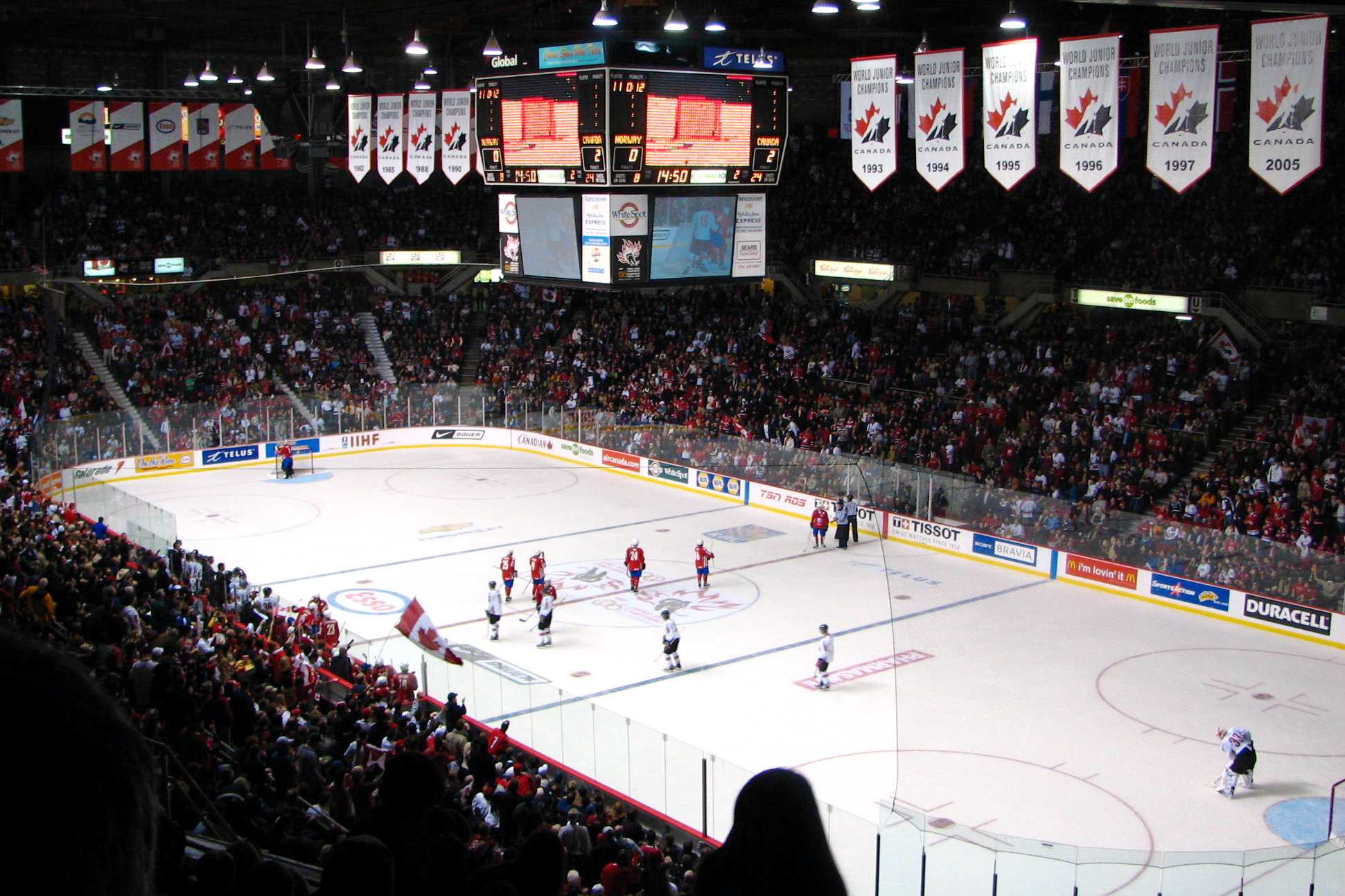By Alec Roberson
It’s another issue of our series on NHL player transfer agreements with various leagues. Today we are looking at an agreement that only has been implemented in the last few years. That is the NHL’s player transfer agreement with the Swiss Ice Hockey Association, Swiss League, and Swiss National League (collectively the “Swiss League”). The Swiss National League is the highest professional league in the Swiss system.
Brief Backstory
As discussed in more detail in our previous articles covering the NHL’s player transfer agreements with the Russian KHL and Swedish SHL, following the fallout of the NHL/IIHF transfer agreement in 2008, every league went their separate ways. The NHL and the various European leagues decided it was best for the NHL to negotiate individually with each league. Well, that was great, except the Swiss League did not enter into an agreement with the NHL until a decade later. As discussed later, the Swiss League has a very strong interest in retaining Swiss talent. This strong interest is likely why the Swiss League did not have an agreement with the NHL for so long.
The Only Way “Out”
Before the implementation of the NHL/Swiss League Agreement, generally speaking the only way that Swiss players under contract could sign an NHL contract was if they had an “NHL out clause” in their Swiss League contracts. This created an extra step for NHL general managers in finding out who did or did not have these clauses. Even though the Swiss League (specifically here the NLA) is not considered as competitive as the KHL, SHL or SM Liiga in Finland, it is still a major hockey league. Auston Matthews played a year there before being drafted. And there are various notable Swiss players in the NHL right now. These include Nino Niederreiter, Roman Josi, Nico Hischier and Kevin Fiala to name a few. Of course, Hischier played juniors in the CHL and Fiala developed in Sweden, but still. Switzerland is no push over when it comes to international hockey competitiveness.
Another interesting facet of the prior lack of a player transfer agreement is that an NHL team that drafted a Swiss NLA player essentially owned that player’s rights indefinitely. This is because the transfers were on a case-by-case basis and not subject to an agreement. This is what happened when the Carolina Hurricanes traded the signing rights to Swiss player Gregory Hoffman to the Columbus Blue Jackets ten years after drafting him.
Finally, a Player Transfer Agreement in 2020
So why, after all of these years, did the NLA decide to finally enter into a player transfer agreement with the NHL? Likely money. In 2020, the NHL Swiss League Agreement finally came into place.
Now that the NHL Swiss League Agreement is in place, NHL out clauses in Swiss League agreements are no longer needed. You will notice that the terms of this agreement are very similar to that of the NHL/SHL player transfer agreement. The key terms of the NHL Swiss League Agreement include the following:
- NHL teams may sign any player until July 15th for a given season. This includes players with current contracts without an NHL out clause. This gives the teams a certain degree of planning security.
- An NHL team must sign a Swiss League drafted player (if they chose to) for the year in question by August 15.
- The NHL will have to pay $260,000, plus $350,000 per player to the Swiss League (specifically the National League) for the first ten players moving from the Swiss League.
- For each drafted player, the NHL team must pay a sum ($40,000 for a first round draft pick) that will be split according to a specific key among the last four Swiss clubs the player in question played at. There has been no money for the Swiss club previously without a transfer agreement with an NHL draft.
Offsetting Swiss League Agreement
In addition to these terms, the Swiss League historically has been very restrictive in its import rules. It has a strong interest in keeping the league predominantly Swiss. Because of that, there are tight rules about the number of non-Swiss players allowed on each team. Due to this new NHL Swiss League Agreement, the Swiss League (specifically the National League) loosened up its import rules to counteract the effect this Agreement may have on teams’ ability to retain players. The league agreed that a team losing a player to the NHL would be able to fill that spot with a non-Swiss player. This only applies if the player leaving did not have an NHL “out clause” in their Swiss contract. So again, these clauses will likely disappear since they do not seem to benefit either side much.
Conclusion
As previously stated in our other articles, these player transfer agreements are typically good for everyone. They lay a clear path for players to transfer between leagues. The NHL typically has a route to obtain players and the counter league is compensated. They also provide protections from “complete poaching” by the NHL. This is the balance…compensation and freedom of movement versus dilution of the quality of the European leagues. You see this discussion in every single negotiation of these player transfer agreements.
While the NHL remains the best league in the world, it undoubtedly has an interest in allowing these other leagues to control and enhance development of their players. Switzerland is no different. Now there is an avenue for Swiss League players to transfer with compensation and protections in place to the Swiss League and its teams. In addition, Swiss League players do not have to negotiate NHL opt out clauses in their Swiss contracts. Everyone is on a more even playing field. We will see what happens with this relationship moving forward but for now it seems the NHL and Swiss League have a plan in place.
Post image attribution: By: Fanny Schertzer, CC BY 3.0 https://creativecommons.org/licenses/by/3.0, via Wikimedia Commons



